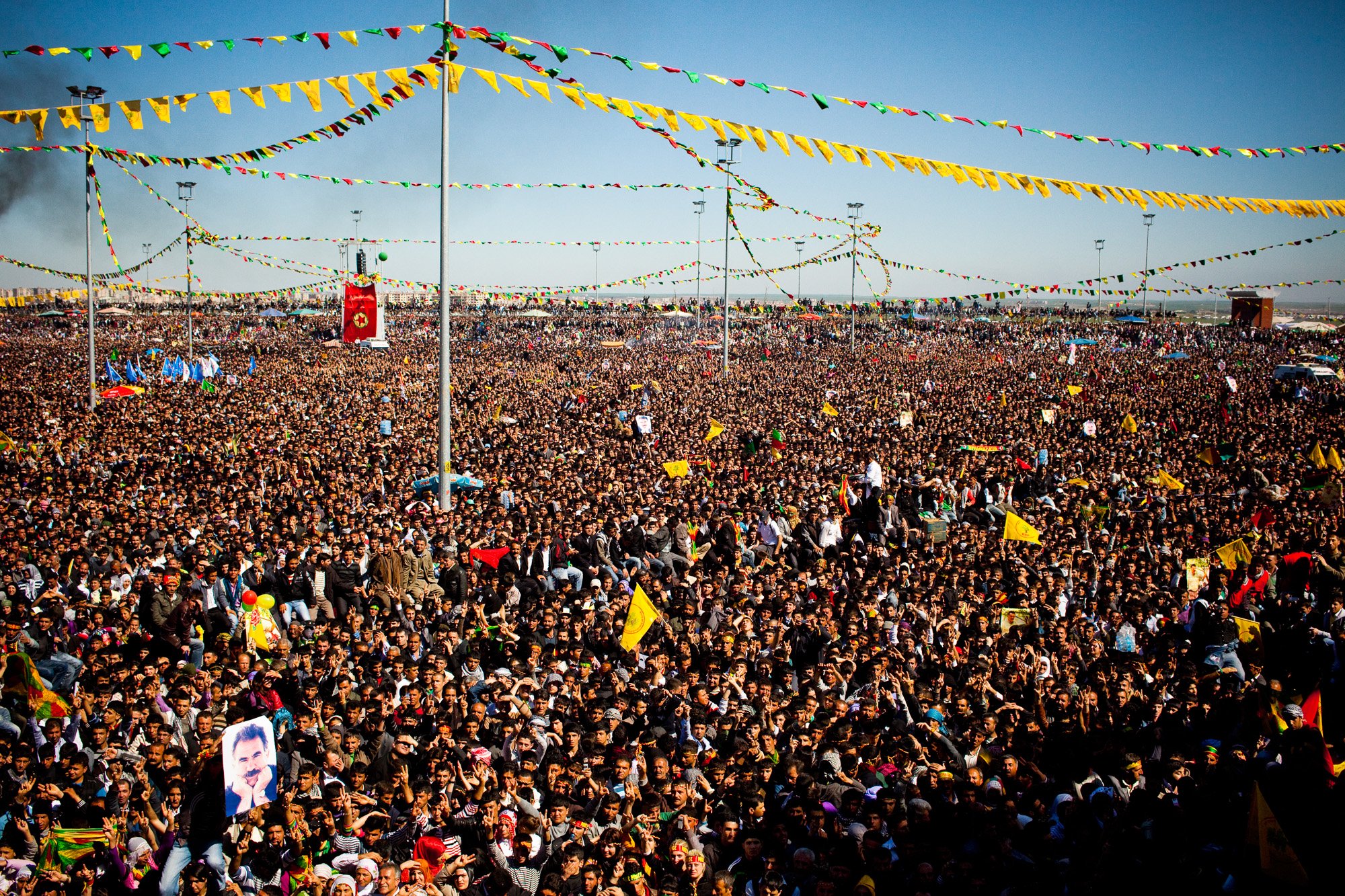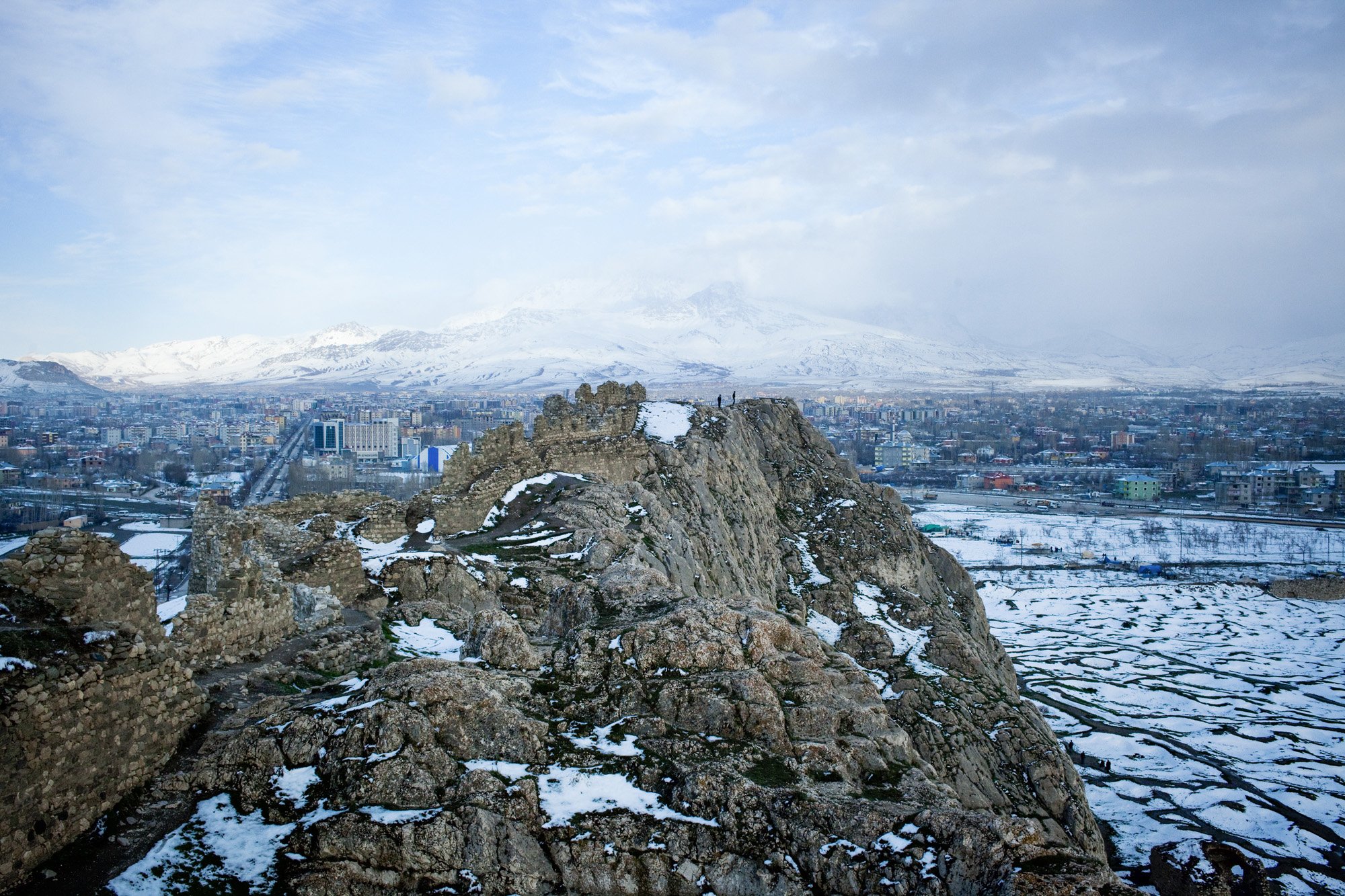KURDISTAN
The anger of a people without rights
Promised an independent state by the Allies in 1920, the Kurdish nation has never seen its sovereignty recognized. For nearly a century, the Kurds have been divided between Turkey, Syria, Iran, and Iraq, making them the world’s largest stateless people.
For over two thousand years, the Kurds have lived in the lands of Anatolia and Persia, carrying a unique and rich history. Their homeland exists—it is Kurdistan, stretching from the Anatolian plateau and plains to the Zagros Mountains. Yet, no state has ever acknowledged its borders. The Kurdish language, with its Indo-European roots, is related to Persian and distinctly different from Arabic and Turkish. Despite relentless persecution, it has endured and evolved into multiple dialects. Kurdish civilization, shaped by influences from Persian, Arabic, and Ottoman cultures, has blended Zoroastrianism and Islam. And yet, it has always been relegated to the status of a repressed “ethnic minority.” There is a land, a language, and a culture, but in the early 21st century, the 40 million Kurds of the Middle East remain the world’s largest stateless population.
Together with journalist Olivier Piot, I traveled across Kurdistan to understand this paradox of history. From Kurdish villages and cities in Syria, Iraq, and Turkey to Kurdish exiles from Iran, we undertook twelve journeys to document their lives. We listened to their hopes, dreams, frustrations, and suffering—those of a people forgotten by history. Everywhere we went, the Kurds we met expressed the same sentiment: a profound sense of belonging to a nation that has been sacrificed to the shifting tides of history.
Throughout the centuries, from the great Ottoman and Persian empires to the birth of modern states, Kurdish history has been marked by conflict, oppression, and political deadlocks. The 20th century, in particular, saw the Middle East’s geopolitical map repeatedly redrawn, yet the Kurds never secured recognition of their land and rights. Nearly a century after the Allies’ unfulfilled promise of a “Greater Kurdistan,” the Kurdish struggle for self-determination continues.
“Over there, if you're Kurdish, you're in trouble: in hospitals, when you enroll in university, when you fly or buy a simple train ticket, just having the word Sunni in your passport is enough to be identified as Kurdish, and that condemns you to being passed over by everyone else.” Beriwan, from Sanandaj in Iran.
Having joined the ranks of the PDKI, Dilawer had to flee his country. “Too well spotted. I'm sorry, but when I arrived here, I promised the Turkish police that I wouldn't speak out. Turkey has agreements with Iran. The slightest false move and I'm sent back there.” Dilawer, from Ourmia in Iran.
“We couldn't live there anymore, it had become too dangerous. My husband left first to prepare my arrival here. Even though we knew that this exile would force our child to born in Turkey, it was better than losing him. Or leaving him an orphan. Baluchi, Kurdish, Azeri... it's all the same. The Persian government tramples on the rights of all Iran's minorities.” Gulcin, from Iran
One day in April 2007, Rojwan's life was turned upside down. He picks up two unknown men in his car. They were partisans of the PDKI. “I know what they're capable of. One day, during a peaceful demonstration, I saw a woman assaulted by three policemen. Right before my eyes, on the ground, they had beaten her to death. It's not prison that scares me. If I'm sent back to Iran, I risk the death penalty! By fleeing, for them, it's as if I've pleaded guilty.” Rojwan, from Mahabad in Iran.




























